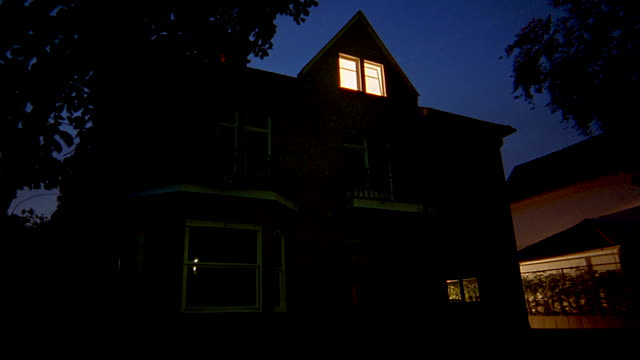With the rising cost of your energy bills everyone is looking at your existing heating and cooling unit to make sure it is the correct size you’re your home and possibly replace it or even update your appliances. Not everyone has the funds or time to make those big changes but that doesn’t mean you can’t make your home more energy efficient.
Some of the things you can do to reduce the bill are common sense such as turn off lights, unplug things not in use (just because it is off doesn’t mean it isn’t pulling power) and change your light bulbs to the more energy efficient ones. But did you know that you are being charged twice for your water consumption? Your utility company assumes that every gallon of water you run into your house is going down the drain. This simply is not true! If you irrigate your lawn or garden with it this water seeps ingot the ground and never goes back into the sewer. But you think there is nothing you can do about it, right? Wrong!
You can check with your utilities company to verify if they offer a separate meter to measure water usage for irrigation, swimming pools and other outdoor uses. The up side is that it will save you on your water bill the downside is that it will cost you $100+ but will pay for itself over time when your water bill is reduced
I bet you didn’t realize that something as simple as setting the temperature too high on your water heater can result in higher power or gas bills. If you are like me, you LOVE a good hot shower but that can cost you big money over time.
If you have your water heater set to140 degrees or higher you can waste from $36 to $61 annually in standby heat losses. This is what it takes to keep all that water hot and ready at that temperature and could more than $400 annually to bring fresh water to that high temperature. Remember to turn you water heater off or down when you are on vacation, if you aren’t home why spend the money to heat water that won’t be used?
Some of the other easy fixes that we don’t always remember is change the filter on your heating, ventilating and air-conditioning system. You can generally buy new filters in any hardware store or home improvement for as little as $4. Set a reminder to do this every 3 months and will not only extend the life of your unit but save on your power bill. If you don’t want to pay the $4 every 3 months you can buy a permanent filter that only needs to be taken out and cleaned every 3 months instead.
Eliminate leaks around your windows and doors by replacing seals and re-caulking. Find out when your utility workers read your meter check the meter the next day and verify on your bill that you are not being over charged
Utility workers make mistakes just like the rest of us, and when they make mistakes reading your meter, it can be costly. While you’ll probably notice a big error on your utility bill, you may not catch more subtle errors
Energy efficiency is the name of the game for 2017!


